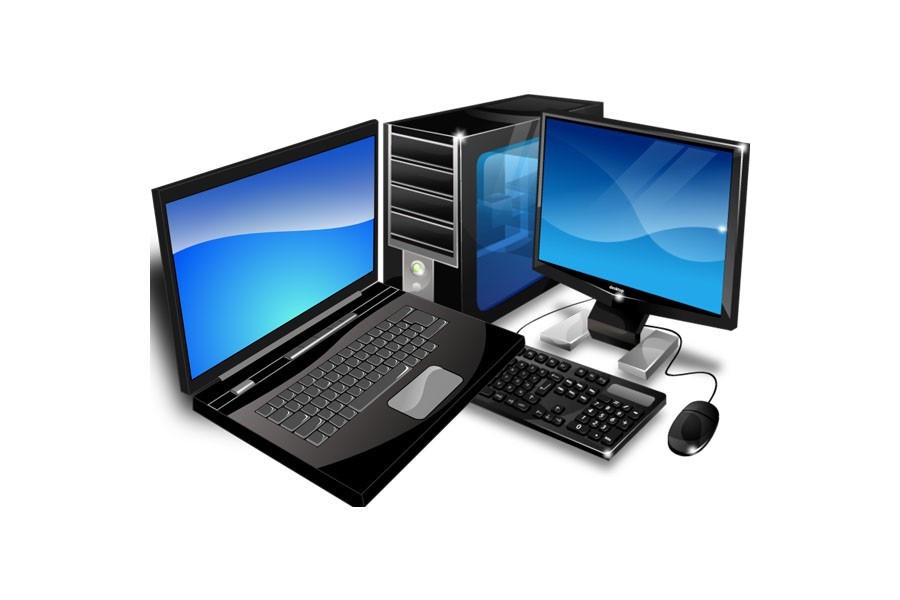
Published :
Updated :

The Ministry of Posts, Telecommunications and Information Technology has proposed imposing taxes on the import of computers and laptops in the fiscal year (FY) 2022-23, in order to facilitate development of local industry.
The ministry has recently put forward the recommendation to the National Board of Revenue (NBR) and the Ministry of Finance to discourage imports and encourage local manufacturing and assembling of the devices.
The proposal also included providing a 5.0 per cent tax incentive to the local manufacturers and zero tax on the import of basic parts.
Talking to the FE about the percentage, Posts and Telecommunications Minister Mustafa Jabbar said, "Whatever the percentage, we want a 25 per cent tax gap between imported laptops-computers and locally manufactured gadgets."
It is possible to manufacture computers and laptops locally if proper fiscal policy can be offered to the manufacturers, he said.
A number of world reputed companies are ready to set up factories in Bangladesh if the country offers tax benefits to the local computer and laptop manufacturing companies, said the minister.
Last year, the ministry proposed a 3.32 per cent import tax on laptop and computer - NBR agreed with the proposal.
The issue of imposing taxes on the imported devices has been discussed in a recent meeting of Digital Bangladesh Taskforce, with Prime Minister Sheikh Hasina in the chair.
In his regard, the posts and telecommunications minister, who was present in the meeting, said members of the taskforce and the prime minister herself had positively discussed the import tax.
The minister expressed hope that the import tax would be imposed from the coming fiscal year.
The government introduced budgetary incentives for the local manufacturing and assembling of handsets in the FY 2017-2018 and carried it forward to the FYs 2018-2019, 2019-2020 and 2020-2021.
As a result, a total of 15 brands, including global smartphone vendors Samsung, Symphony, Oppo, Nokia and Realme, started production in Bangladesh.
These brands produce 85 per cent of the smartphones in the local market and meet 55 per cent of the local demand for both smartphones and feature phones.
According to the BTRC, some 26.1 million handsets were manufactured in Bangladesh in FY 2020-21, against 14.9 million in the previous FY 2019-20.
On the other hand, some 15.2 million mobile handsets were imported in FY 2020-21 - 4.6 per cent higher than the import in FY 2019-20.
Once solely import-dependent, Bangladesh is on track to becoming self-reliant in smartphone production, which already captures a major market share with local manufacturing just after four years of inception.
The posts and telecommunications minister said the country now had the capacity to manufacture and assemble locally.
One local company now manufactures and assembles laptops successfully, said Mr Jabbar.
"So, it is possible for others too," he said, expressing the hope that the government in the upcoming budget would adopt the proposed tax structure.
Walton is currently marketing 23 models of laptop, 13 models of desktop, 4 models of monitor along with various models of gaming and standard keyboard and mouse, pen drive and earphone. The prices of Walton laptops range between Tk 19,990 and Tk 79,950.
Walton, after assembling at its plant, exports laptops to Nigeria, Bhutan, Nepal and some other countries. The company has an annual target of selling 100,000 units of laptops while it produces pen drives, keyboards and mouses at its plant.
Currently, there is no tax on the import of computers which was introduced in 1998.
bdsmile@gmail.com


 For all latest news, follow The Financial Express Google News channel.
For all latest news, follow The Financial Express Google News channel.